What is Irritable Bowel Syndrome?
Irritable Bowel Syndrome or IBS is a gastrointestinal disorder where the functioning of the digestive system undergoes change. There is no damage to any tissues of the digestive tract. Hence it is rightly called as a functional disorder. In a nutshell, there is a problem with bowel movement (in the meaning of constipation or diarrhoea) with no obvious reason to pinpoint when you have IBS. The disorder is not life threatening but it can be interfering with your routines. It is common for people with IBS to miss work or college. IBS is just a group of symptoms and not really a disease. That is why it is referred to as “Syndrome”.
Types of Irritable Bowel Syndrome
There are four types of Irritable Bowel Syndrome.
- IBS with diarrhea (IBS-D)
- IBS with constipation (IBS-C)
- IBS with diarrhea and constipation referred to as Mixed (IBS-M)
- IBS that does not fit into the three. They are referred to as Unsubtyped (IBS-U)
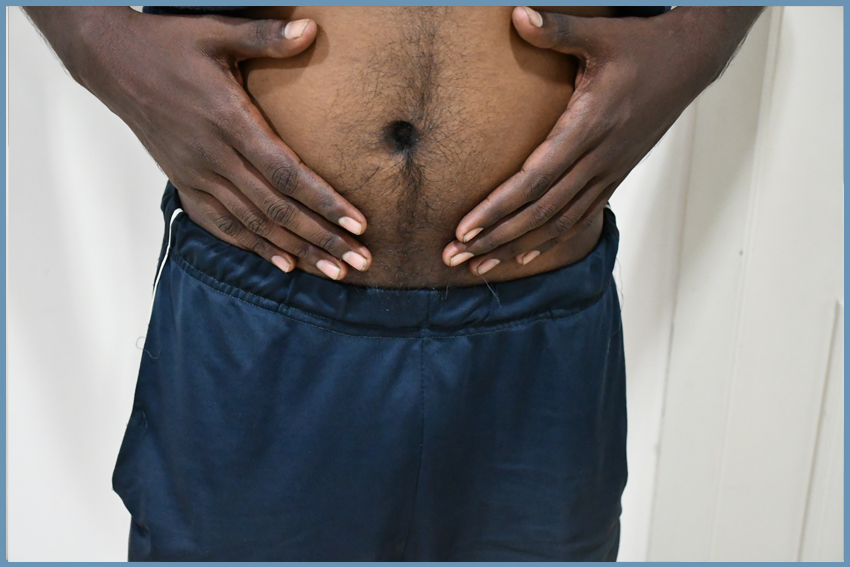
Symptoms of Irritable Bowel Syndrome
Symptoms vary for IBS as there are four types of IBS. There are common and specific symptoms based on the IBS type.
Pain in the abdomen
Cramp in the abdomen
A bloated feeling which is typically relieved after passing stools
Gas
Mucus in the stool
70% of people with IBS report indigestion
Diarrhoea (Specific for people with IBS-D)
Constipation (Specific for people with IBS-C)
An alternating bout of diarrhoea & constipation (Common in people with IBS-M)
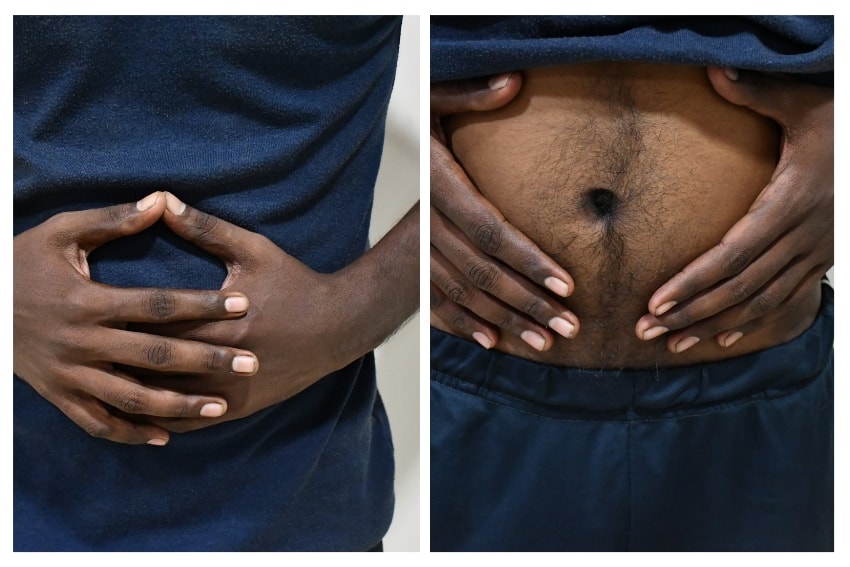
Causes of Irritable Bowel Syndrome
Some factors are said to play a role in IBS. The precise factors are still not known.
Poor Coordination with Nervous system
We are aware that all actions in our body are controlled by nerve action. When the nerve signals from the brain that control the digestive tract are poor IBS occurs. This unsynchronized signal can either cause the bowel to overreact or underreact. While overreaction can cause diarrhoea, an under-reaction can cause constipation.
Muscle Contractions in the Intestine
The intestine is made of layers of muscle. These muscles are built to contract to facilitate movement of food through them. If the contraction is stronger than usual, then diarrhoea is common. If the contractions are weaker, the food stays in the bowel for longer intervals and can lead to constipation.
Inflammation in the Intestine
When inflammation increases it is natural for the body to produce immune-system cells. Some people with IBS can have inflammation in the intestine. This triggers immune-system cells in the intestine. The presence of these immune-system cells causes pain.
The Composition of Microbial Flora of the Intestine
Microbial flora is naturally present in our large intestine or bowel. They are commonly referred to as gut bacteria. When the composition of the gut bacteria changes it leads to IBS.
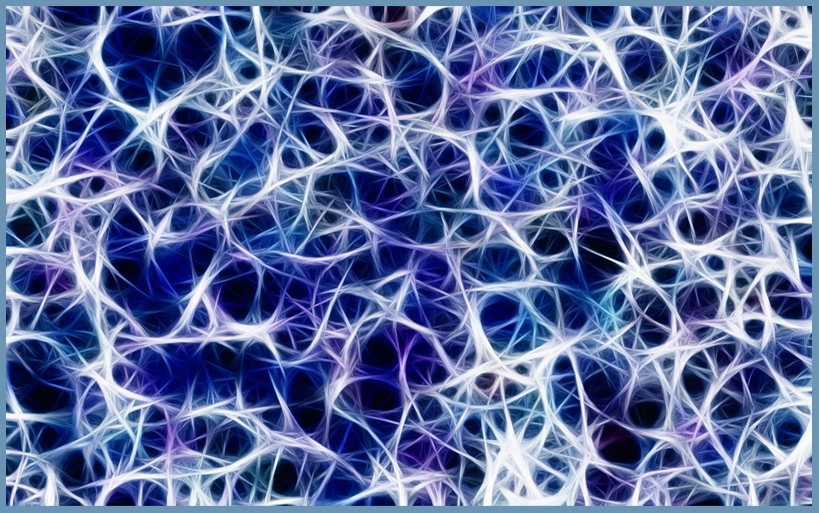
Diagnosis of Irritable Bowel Syndrome
There is no specific diagnosis for IBS. The diagnosis is only by ruling out other obvious diseases. This method is referred to as a diagnosis by exclusion. The gastroenterologist may look to confirm certain conditions with few diagnoses.
Physician examination followed by analyzing the patient history
An upper GI endoscopy to check if you have indigestion or acid reflux
A colonoscopy to check if there is inflammation in the intestine. The gastroenterologist may also check if there are any signs of blockage.
Blood tests and stool tests to check for any infection
Tests to check if there are problems in the bowel muscle movement
The gastroenterologist may also order few tests to rule out other conditions if necessary. They are
Food allergies caused by allergens
Presence of gluten allergy
Presence of lactose intolerance
Other infections
Presence of Inflammatory Bowel Diseases (IBD) like Ulcerative colitis or Crohn’s disease that may be causing symptoms pretty similar to IBS (IBS and IBD are completely different)
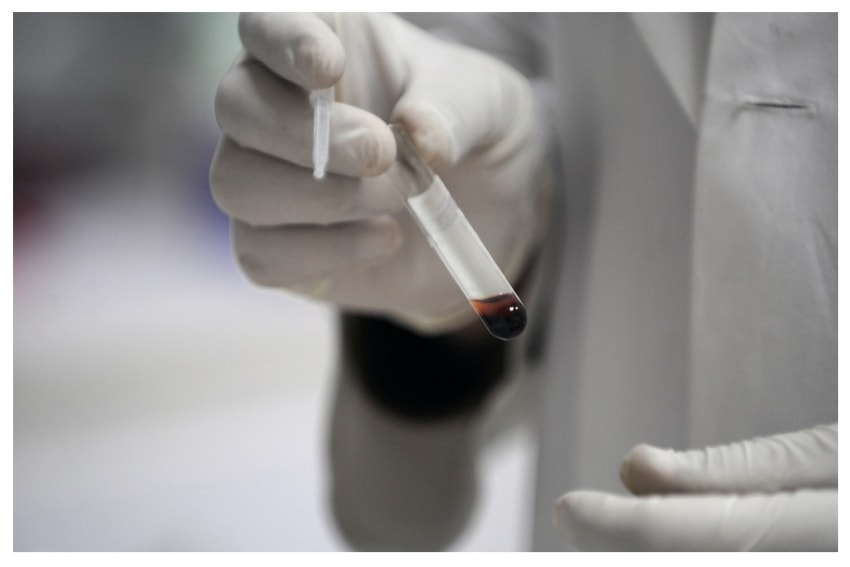
Treatment for Irritable Bowel Syndrome
There is no single specific treatment for IBS. IBS symptoms are triggered by certain food, medications, and sometimes stress. Hence the treatment may vary from person to person according to what is triggering IBS symptoms.
If you have IBS-C, taking stool softeners can help. Your gastroenterologist shall help you prescribe the right stool softener.
If your gut bacteria is causing IBS, then your gastroenterologist might prescribe some antibiotics.
Sometimes your gastroenterologist might prescribe anti-anxiety and anti-depressants to relieve stress.
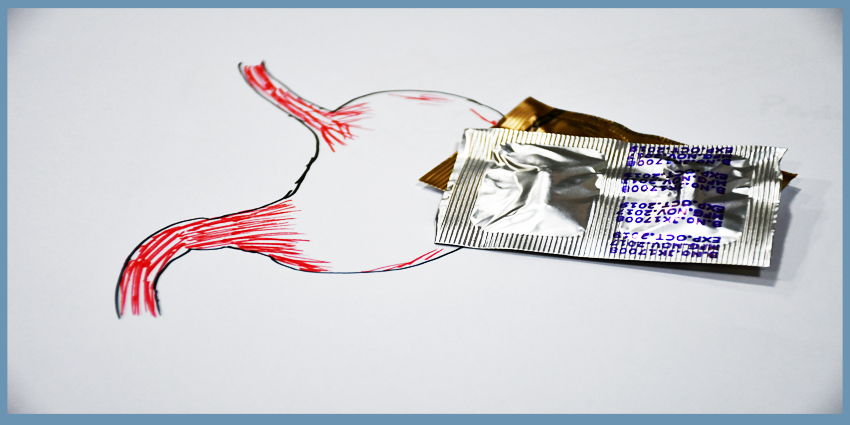
Managing Irritable Bowel Syndrome
Most people with mild IBS are able to manage the symptoms with certain adjustments to lifestyle and dietary habits. So people with mild IBS can try the following and check if they help.
Change in lifestyle can help. This can help reduce anxiety and stress.
Working out or some form of physical activities can help in reducing stress and also give movement to the bowel.
Quit smoking
Take more water as a general rule. This is applicable for all types of IBS
Taking probiotic can help maintain good gut bacteria
